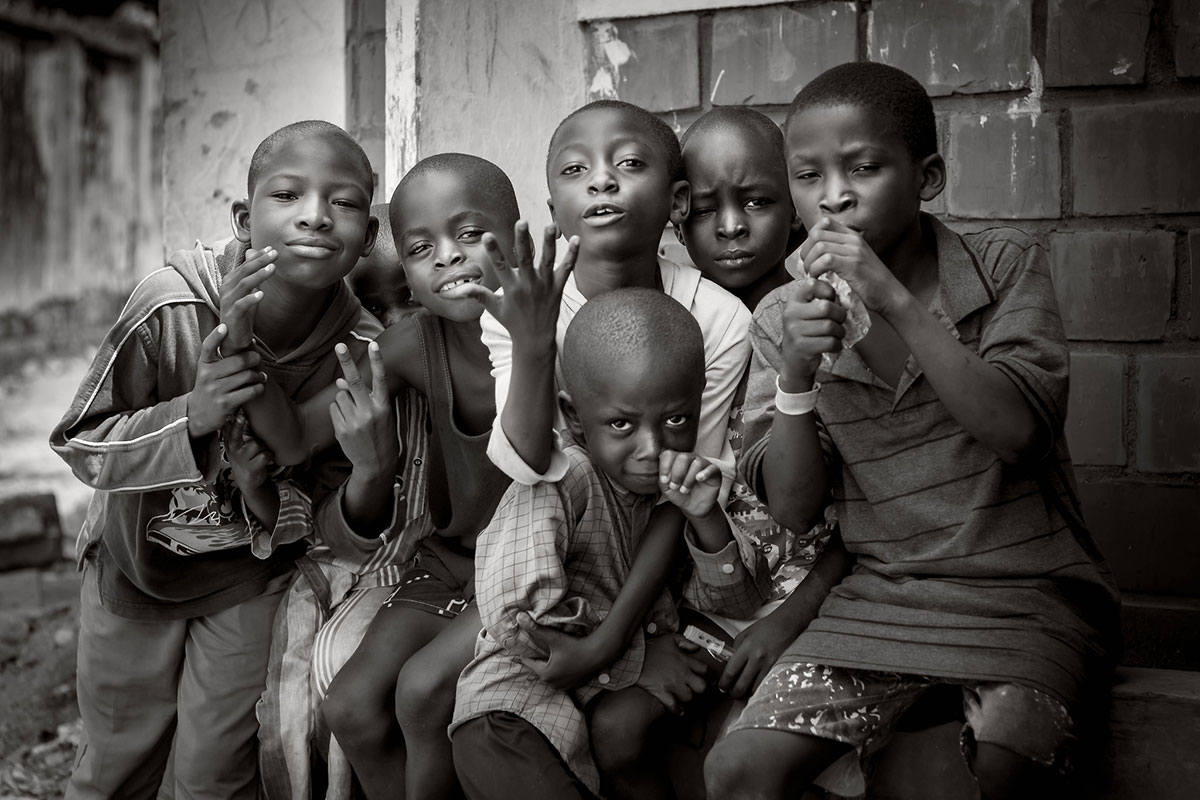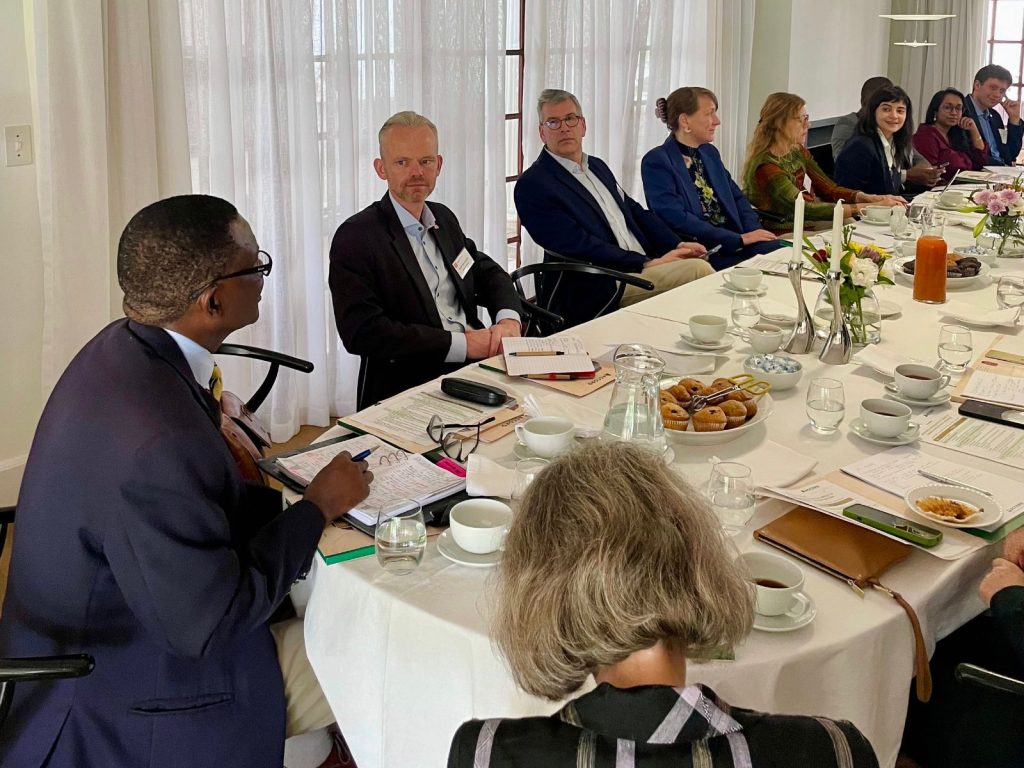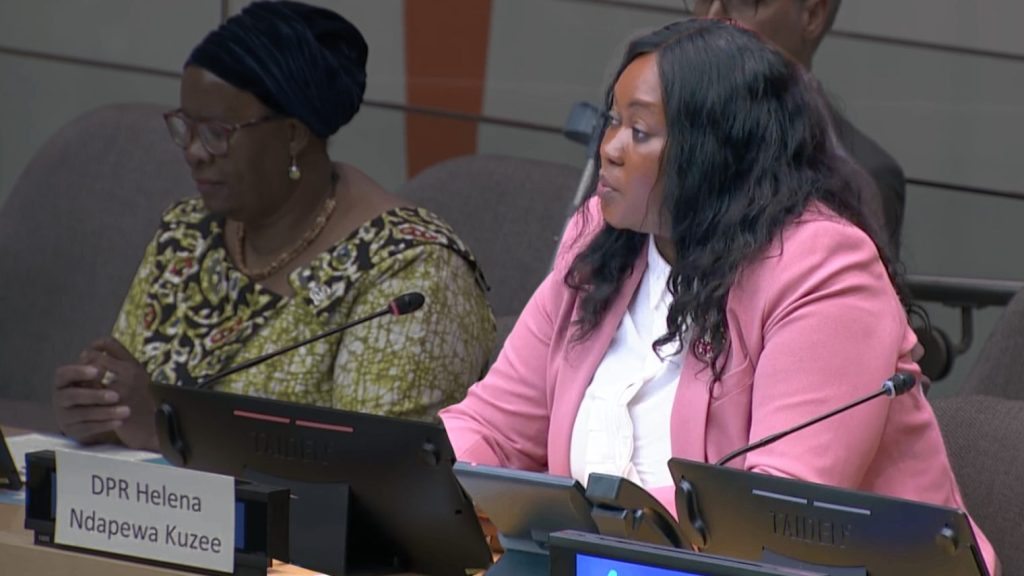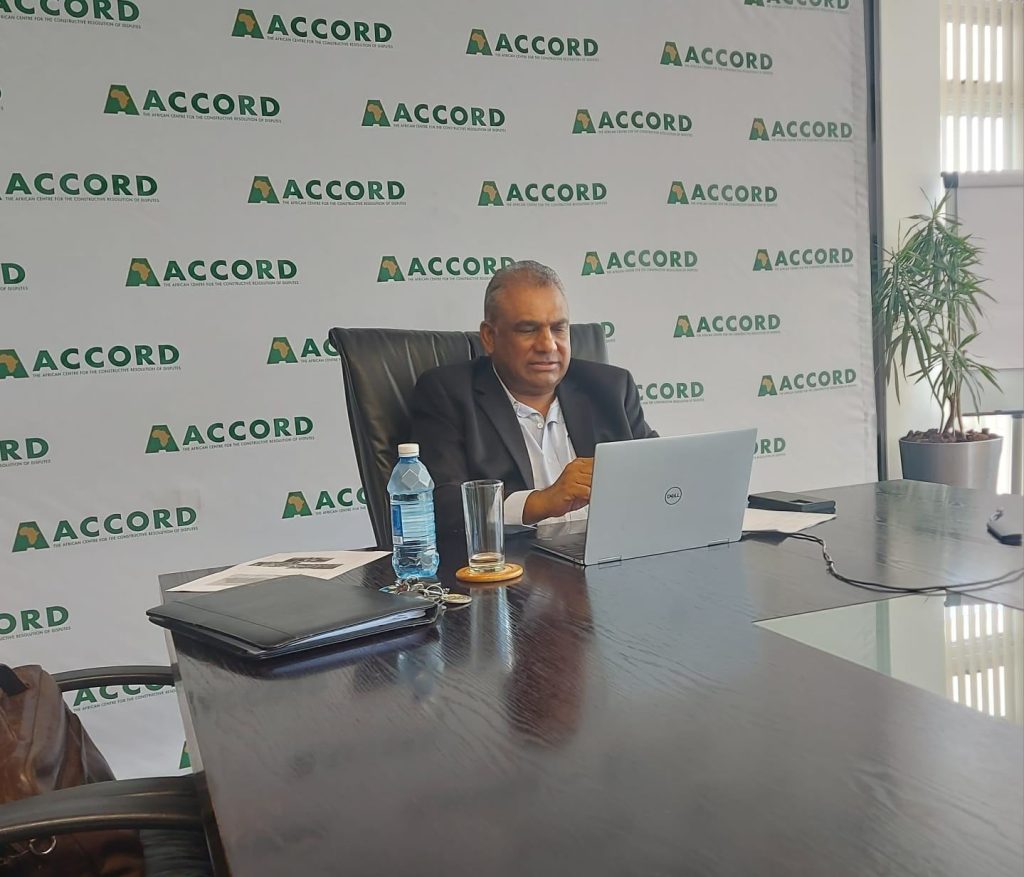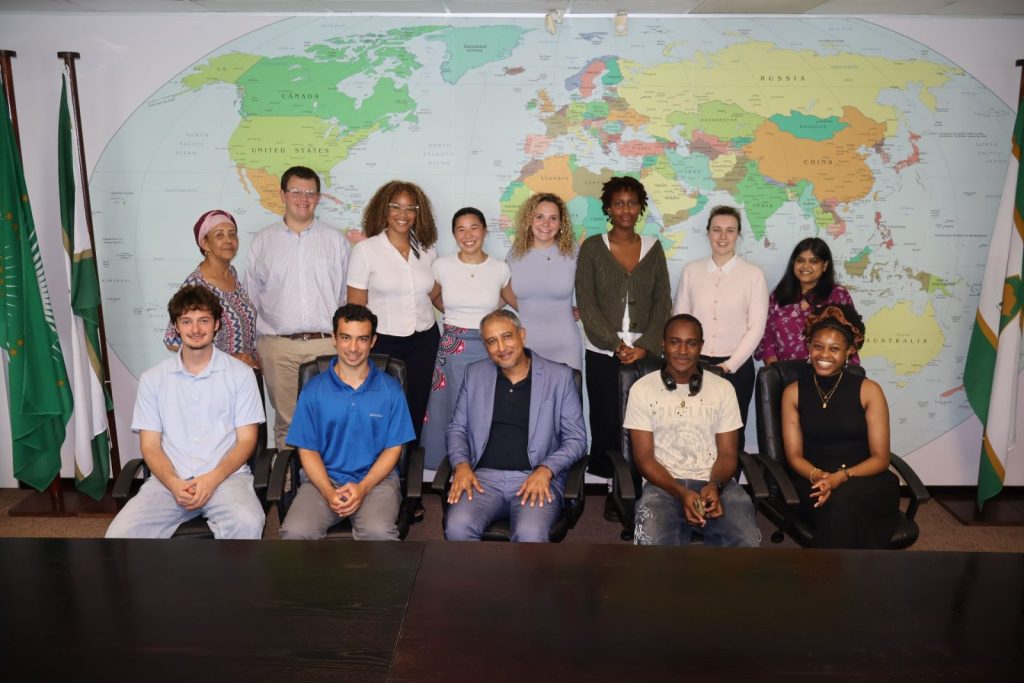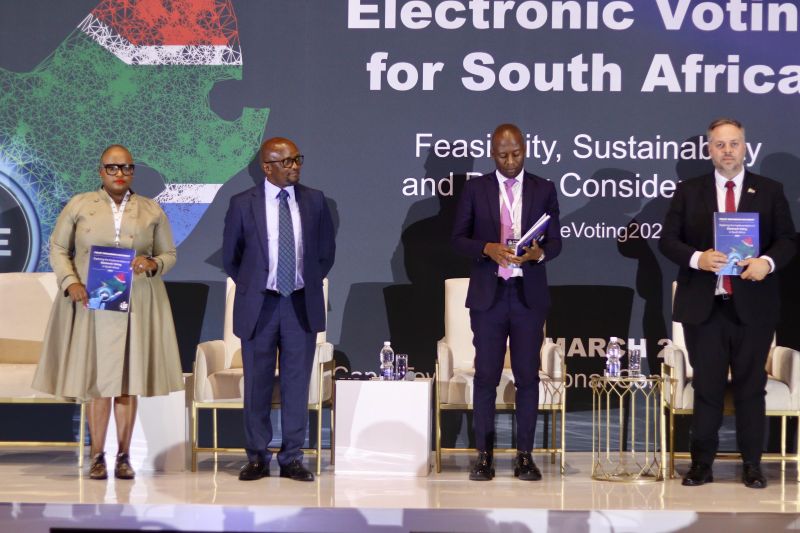Young African people are important innovators and change agents who can effectively contribute to preventing violent extremism. Recognising this potential, ACCORD, in collaboration with the Southern Africa Partnership for the Prevention of Conflict (SAPPC), co-convened an Inter-Generational Dialogue (IGD) to discuss violent extremism in the Southern Africa Development Community (SADC). The IGD that took place on 19 November 2021 sought to build a greater understanding on the drivers and manifestations of violent extremism, so as to strengthen potential of youth in assisting to prevent and manage violent extremism in the region.
The diverse panellists, included, Ms. Nirina Kiplagat, Regional Peacebuilding Advisor at UNDP’s Regional Service Centre for Africa; Ms. Muneinazvo Kujeke, Research Officer at the Institute for Security Studies; and Mr. Nqobile Moyo, Regional Coordinator of the Southern Africa Continental Early Warning System. Savannah Wilmot, in her capacity as an ACCORD’s Programme Officer, moderated the session, which can be viewed on the ACCORD Facebook page by clicking here.
The discussions revealed, that violent extremism is not widely understood by youth in SADC, this, including youth from Mozambique, where violent extremism is afflicting its Cabo Delgado province. The panellists agreed that understanding the complexity of factors that lead to violent extremism is crucial, and will help shape nuanced developmental responses addressing the root frustrations that make youth vulnerable to recruitment. Ms. Kujeke described violent extremism as “a leading threat to Southern Africa’s peace and (human) security”.
This particular IGD on violent extremism, was framed within the understanding that young people are disproportionally affected, through either being recruited or becoming victims of the violence. ACCORD seeks to use platforms such as IGDs as part of its strategy of building local and national capacities for peace, especially among youth who are key stakeholders positioned to prevent, mitigate and resolve conflict at a local level.

